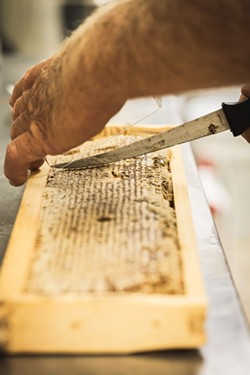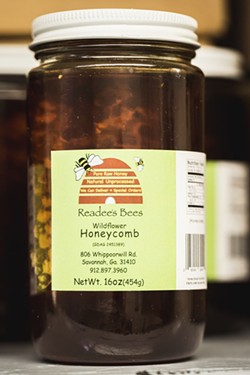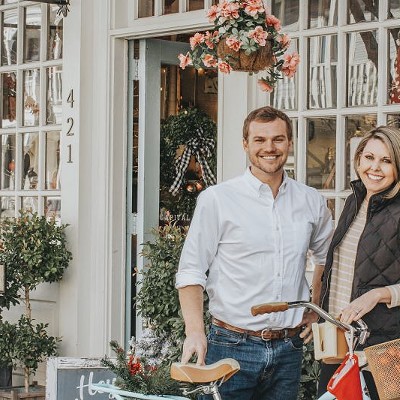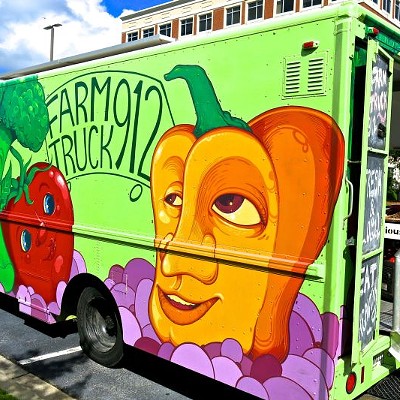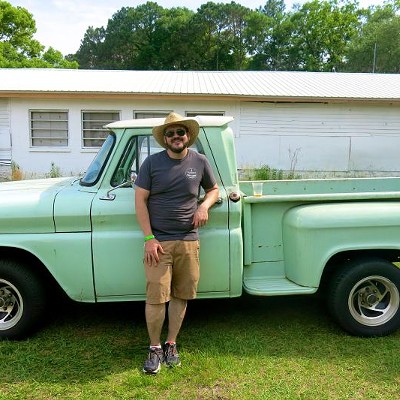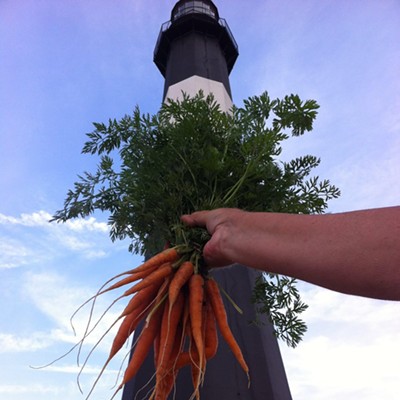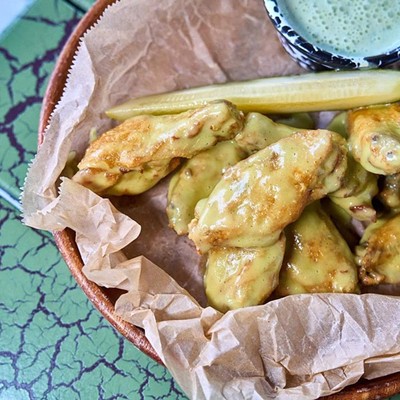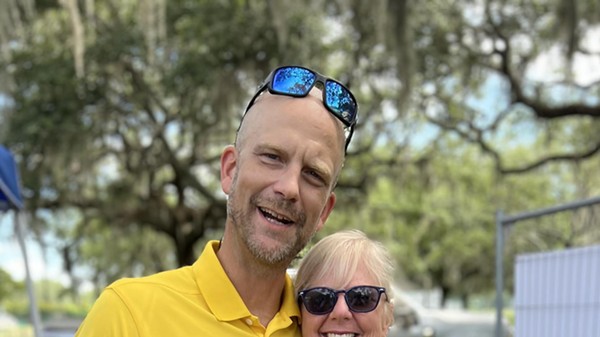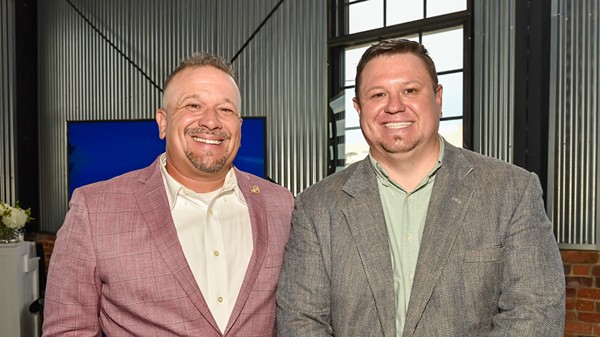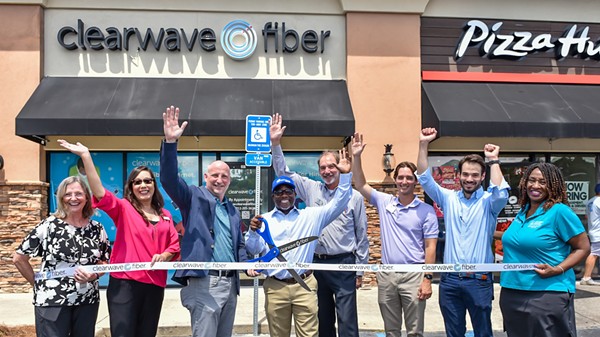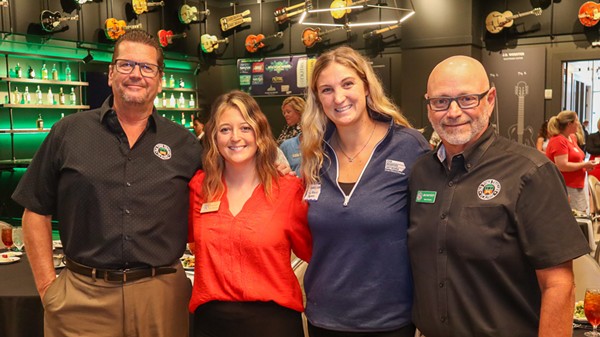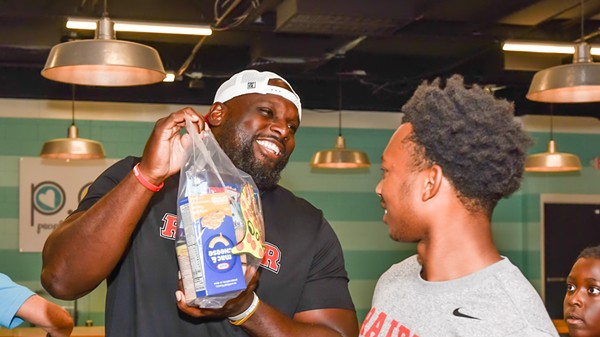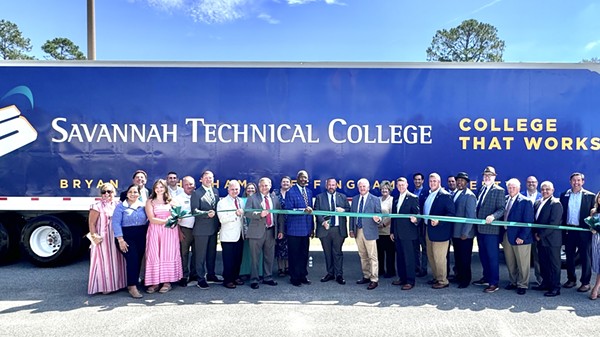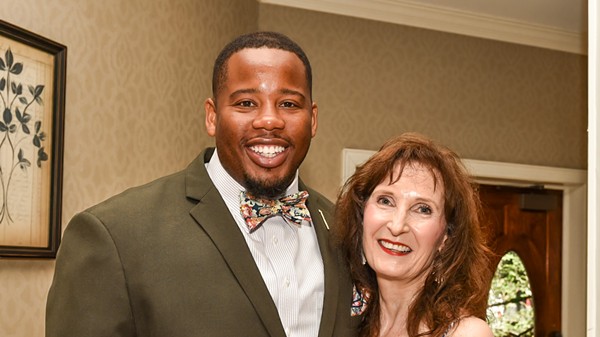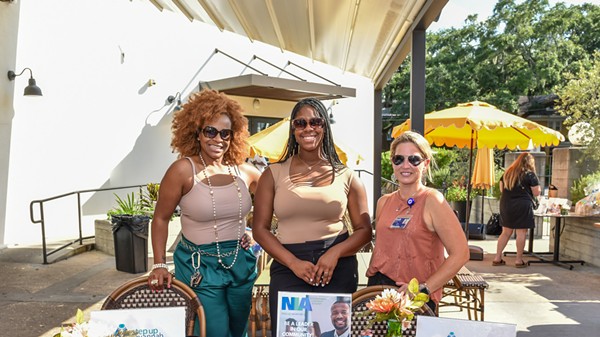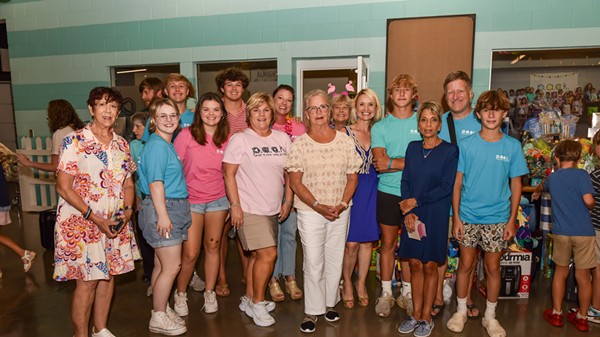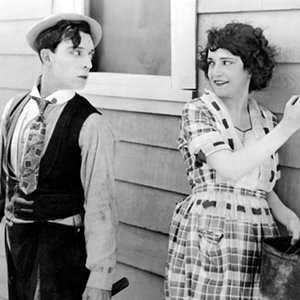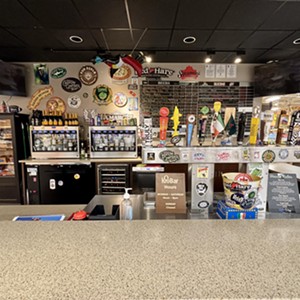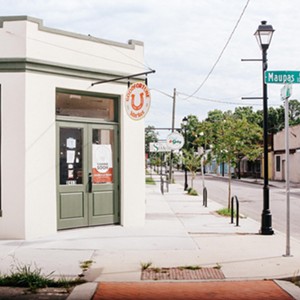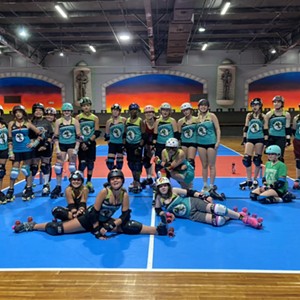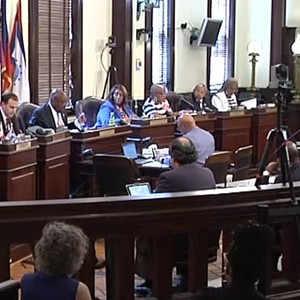AS A carpenter turned bee whisperer, Read Nichols, the owner of Savannah’s Readee’s Bees, is a dedicated, hardworking purist that started his small business over a decade ago.
He said it best when I sat down with him to learn all about the pure Southern gold he sells around town:
“I got into it to serve the public the best honey in Savannah. The best!”
Although Nichols gained experience working with bees growing up in West Virginia, he got back into the bee business while working at Hunter Army Airfield.
A co-worker who had worked with bees got with Nichols to transfer some bees onto his very own property on Wilmington Island.
From there things grew by the gallon of honey, which is easy to do when a producer takes as much pride in his product as Nichols does.
Within the first year of business, Readee’s Bees was accepted to sell his product at the Forsyth Farmers Market.
“I sold all of it the first day,” he chuckles.
“I started the bees out here at the house, and I got ten or fifteen hives out here, and it was really good until the mosquito sprayer came,” Nichols recalls.
“Three years in a row they came and annihilated my bees, so I moved them over to South Carolina. Ever since then it’s been blasting off. We have over five hundred hives over there now, separated in maybe six or eight different lots.”
Readee’s Bees’ farm sits next to a wildlife refuge in South Carolina, which is why it produces wildflower honey—a type that can be said to be his signature.
Wildflower honey is the result of bees who come in contact with—as you probably guessed—wildflower nectar.
“A lot of people misunderstand about honey, that you put flavors in it. You cannot flavor honey unless you want to flavor it,” he explains.
“The only flavors I have are the cinnamon and peach cream honey, and that is it. The other honeys are all actual natural nectars that come off of the flowers that the bees bring back, they put it into the hive, and they turn it into honey. It takes one bee to go get it and bring it back to another bee who transforms it into honey and puts it into the hive,” Nichols says.
So if you buy orange blossom honey you can expect the natural flavor to come from the nectar of the orange blossom plant that was close to the bees’ home.
As for the rest of the honey sold by Nichols, he carefully sources the honey from only the best grade A farms around the country.
Tupelo, sourwood, blackberry, blueberry, cotton honey, orange blossom, clover, and buckwheat are the other types of honeys bottled locally. Each type has its only subtle variance of texture, color, and flavor.
The buckwheat I sampled was almost like molasses, thick and pungent, while the wildflower had delicate floral notes.
After his quick success at the Forsyth Farmers Market, Nichols was given the opportunity to provide his honey to local restaurants and stores around Savannah.
Going through the proper channels, Readee’s Bees gained its wholesale license through the Department of Agriculture. He designed his own one of a kind processing trailer, which was approved by the Department of Agriculture, to kickstart the growth of his business.
To this day, Nichols works in that same trailer where he hand pours every bottle of honey and hand cuts each square of honeycomb. Nichols showed me his process.
Large wood frames stuffed with honey comb, delivered directly from his South Carolina farm, are brought to his processing property, where he perfectly measures out each square and slices them before packaging the dense rich comb into its individual container.
Inside the trailer sits an extractor where he places honeycomb to be rapidly spun and all of its sticky sweet syrup removed. Gallons of floral natural honey line the walls, ready to be poured into their individual bottles then labeled. All of Readee’s Bees’ honey is pure raw unprocessed honey.
100% honey means just that, nothing else is included. I ask Nichols how he achieves his pure natural gold, and the answer is far from simple.
Getting truly pure honey into a bottle means controlling the environment in which the bees live. If the bees come into contact with hummingbird feed, the processed sugar syrup can ruin the honey.
The bigger the property to keep the hives, the less likelihood interference from outside sugars can occur. Some farms have at least fifty acres to ensure the utmost purity.
If you have ever purchased honey that crystallized soon thereafter, it is often the result of buying impure honey. Nichols explains, “When one molecule of sugar gets in a five gallon bucket, it is history.”
The boutique bee company has a few extremely unique and original products. The jalapeño honey is extremely popular, with its expertly balanced heat followed by sweetness to cool down your palate.
The peach and cinnamon cream honeys are hand mixed by Nichols, and are a top secret recipe. The peach is made by combining a peach extract which results in a honey spread that smells like fresh peach ice cream.
For the bee pollen, according to Nichols, “The pollen comes off of the flowers, which is balled up on the bee’s legs. We collect it also. The bee goes through a finger catch in the front hive, it [the pollen] drops down onto a tray, and we collect it everyday.”
Since 2007, Read has been selling his honey at the Forsyth Farmers Market. And unless he is sick, you can find his booth on any given Saturday morning.
He sources to several local restaurants including The Grey, Husk, and Elizabeth on 37th. But if you would like to find it in a store, try Brighter Day, Lucky’s Market, or Fresh Market.


